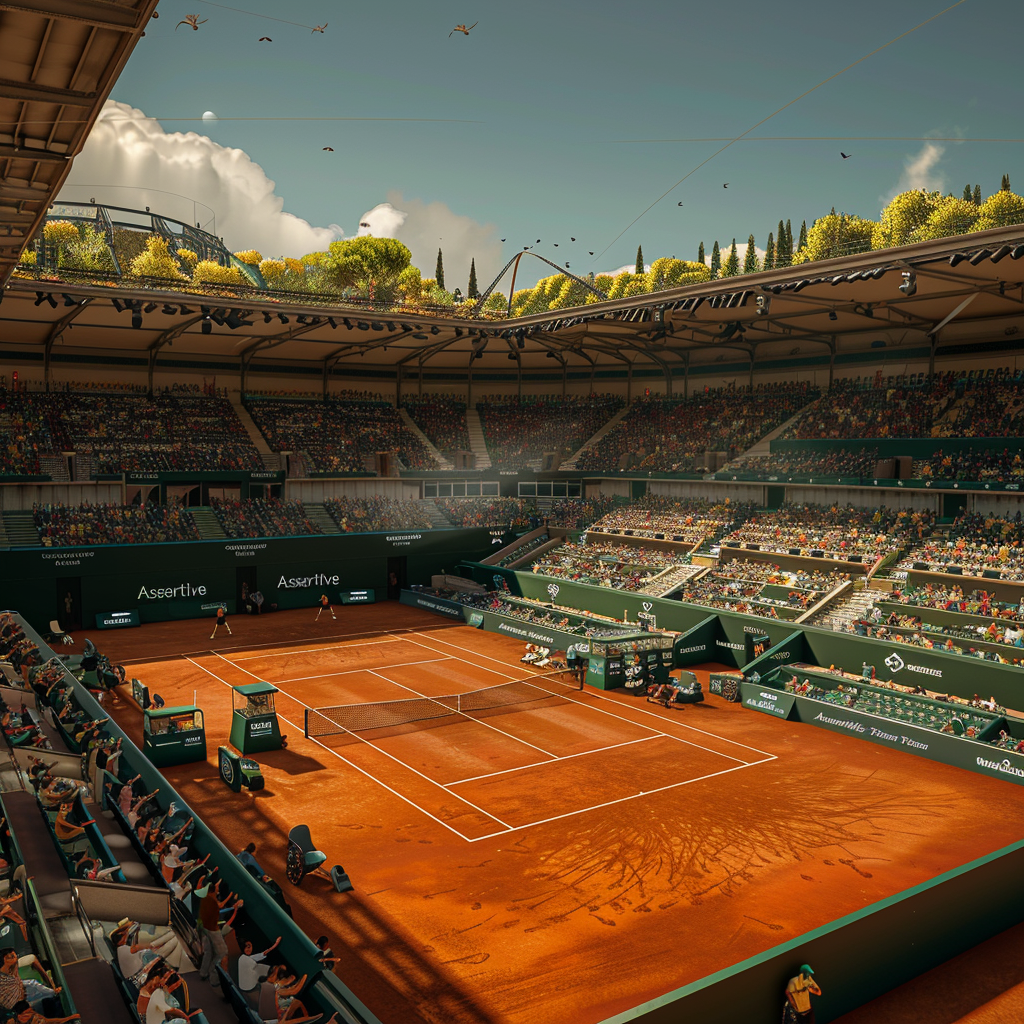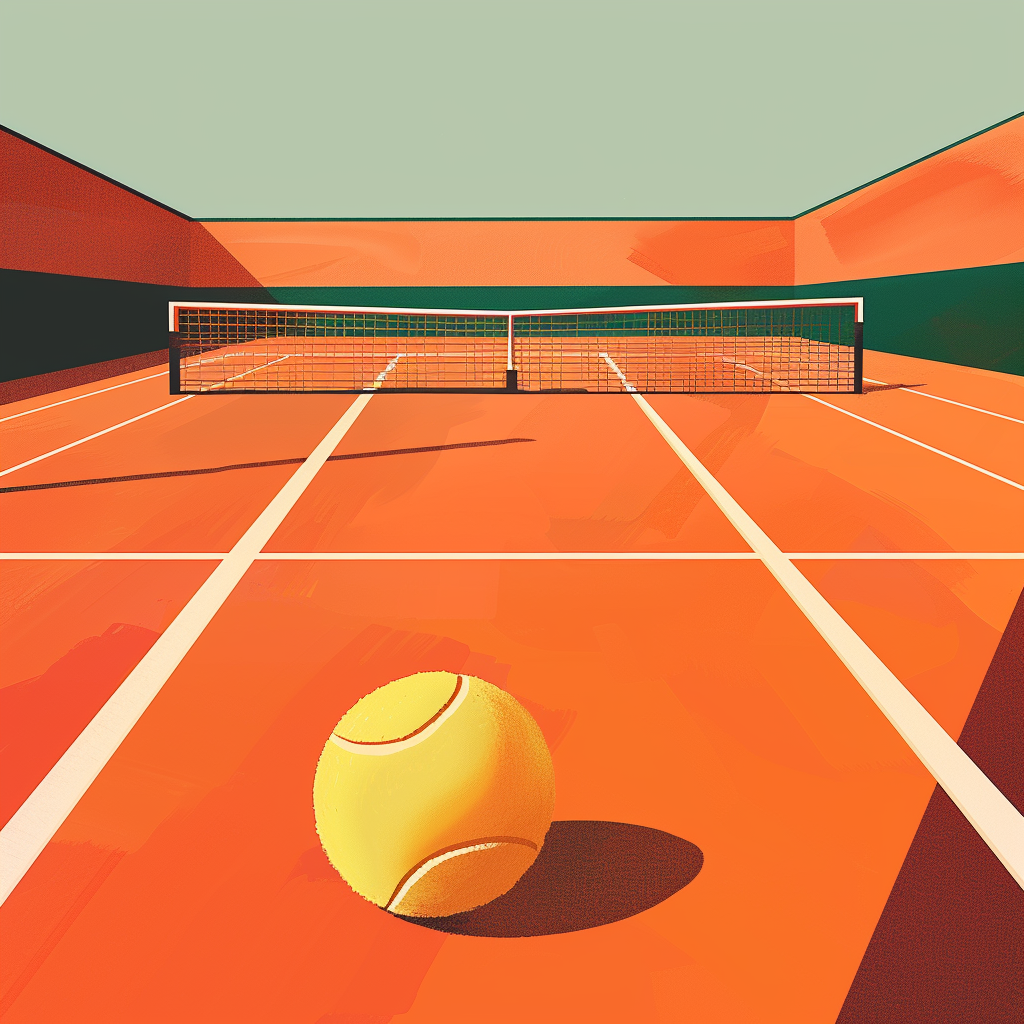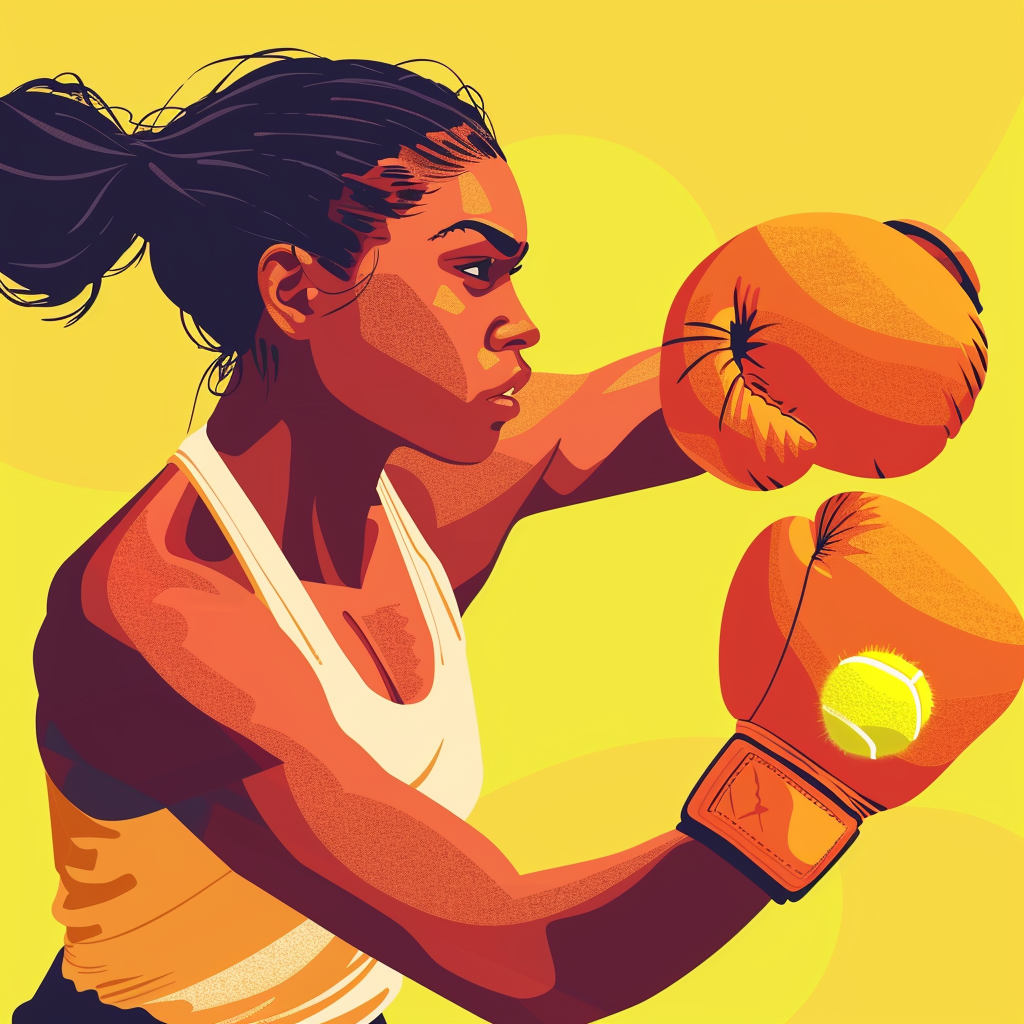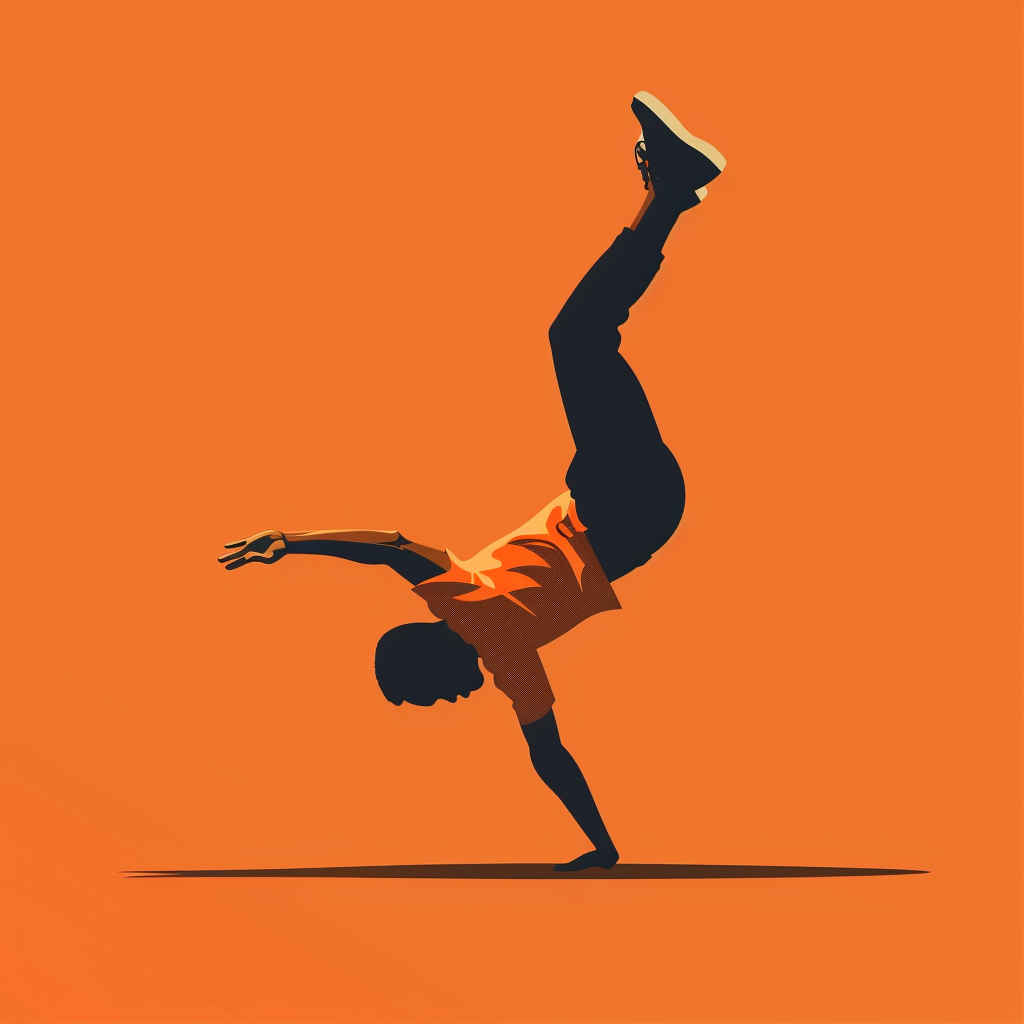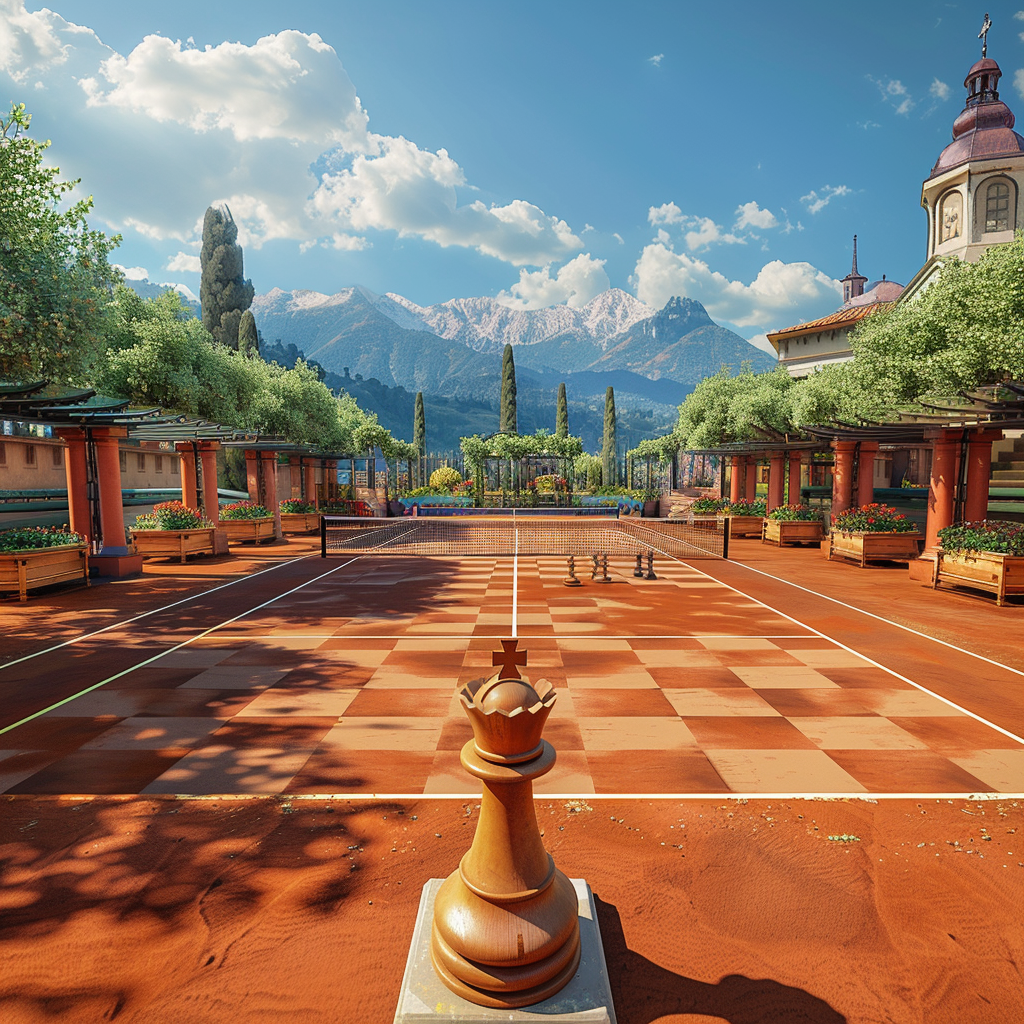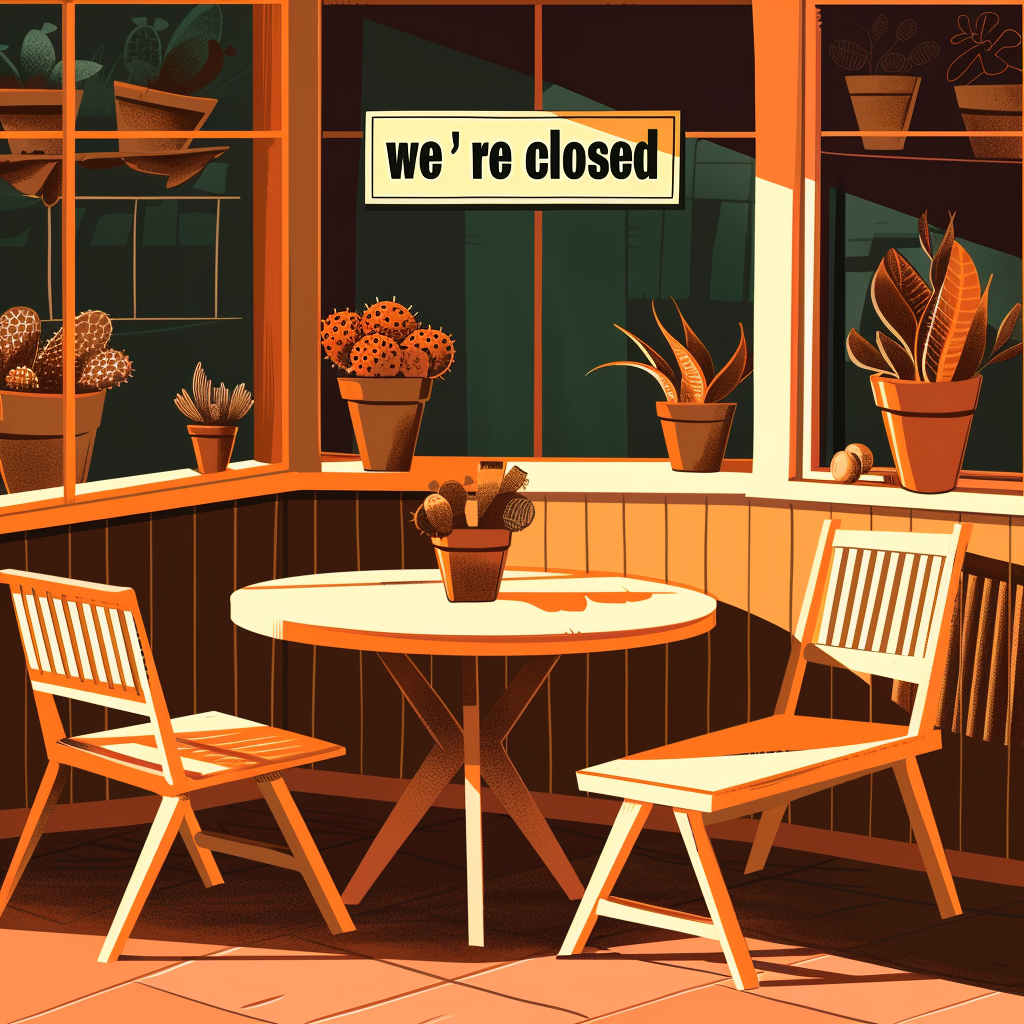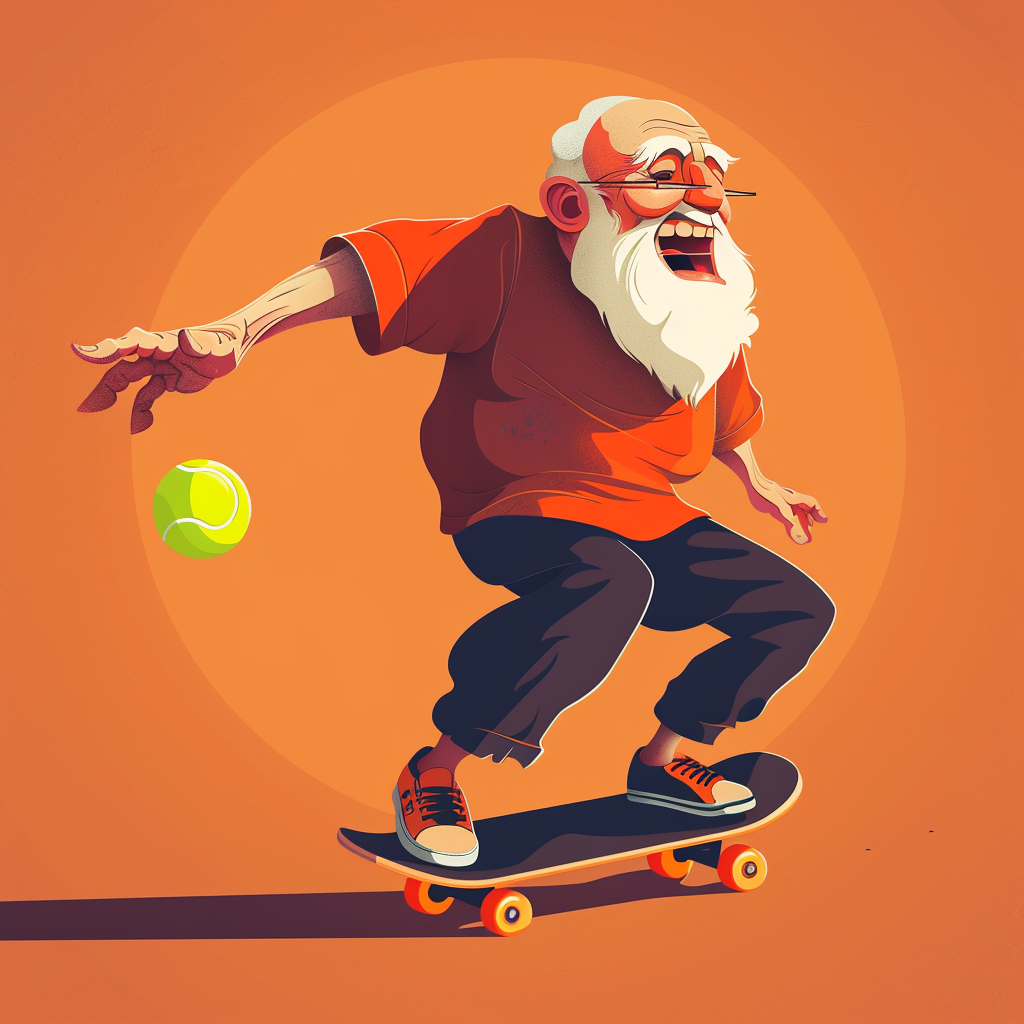A new perspective
Read More
On tennis
Coaching

Bridging the strategy gap in tennis.
Matches are won by the player who makes the most amount of profit. Instead of focusing on diminishing your mistakes we focus on maximising profit to ultimately win more.
How do YOU win?
With these services we help you step up your game
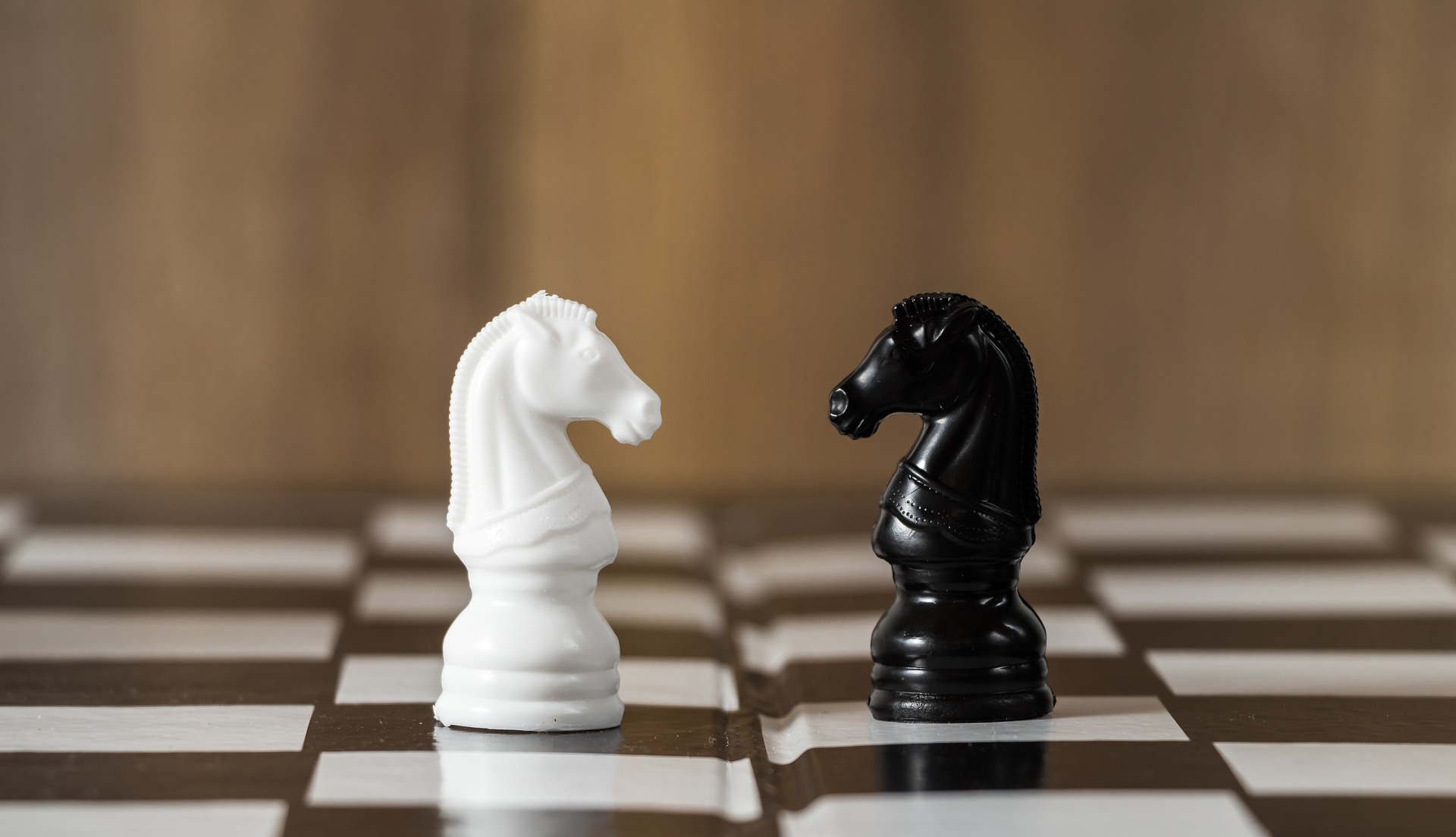
Analysis
Match per Match Analysis
Analysis
Looking for detailed information about a specific opponent or daily analyses of upcoming or past tournament matches? This is the right place to start. Our innovative approach draws parallels with chess, offering a groundbreaking perspective on strategic play in tennis that doesn't only generate statistics but also provides specific game plans.
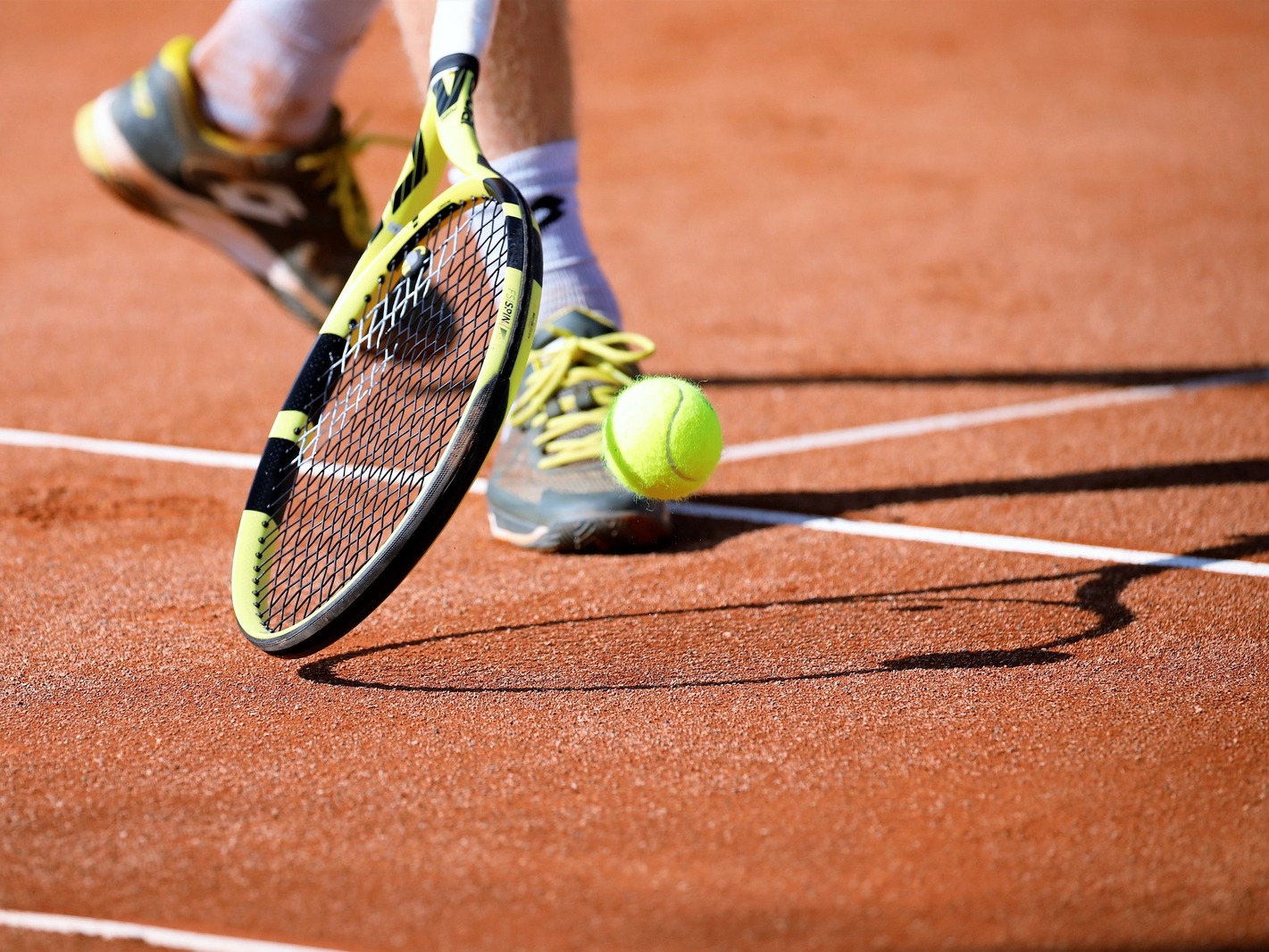
Coaching
Strategy Coaching
Coaching
Through tailored exercises and personalized coaching, you'll experience rapid improvements in comfort, performance, and creativity on the court as you embrace the strategic playbook. Learn more about the tools mentioned above and maximize your potential with Assertive Tennis coaching and dominate the game like never before.

Consulting
Tailored Consulting
Consulting
Want to upgrade your vision as a coach or accelerate the process of the player(s) you're working with, then our tailored consulting work will be of great value. Set your goals and work with us through physical or digital sessions, analysis and much more. An easy way to start improving on strategy without any long term obligations at all.

Milan Kalaba
Strategic Performance

After reaching some national success in tennis u14 and u16, my upbringing that was rather philosophical and thus promoted thinking, was one of the bigger challenges I faced in further achieving my dreams of performing at the highest level. One of the constant questions I had in my head was the ‘why’. So you can imagine how Richard Feynman (physicist) was one of my idols.
Obviously when performing, you want to prevent thinking and especially asking yourself the ‘why’. I learned this lesson the hard way, but as a coach, both my childhood and this way of thinking actually helped me develop a vision and kickstart the search for this answer in a healthy and free way. After I quit tennis due to a heart condition I felt there is more to life. So I followed the thing that just activated me the most, coaching and performance. I made the decision to work towards becoming a tennis coach that could not only answer the questions I had as a player but also to inspire others to choose for yourself and follow your gut.
I travelled around the world to find answers to the ‘why’, this time both as a former player and as a starting coach. From working 60-hour weeks in NY as trainer, coach and marketeer to working privately with numerous Tennis Europe, ITF and futures players I slowly started to get some answers, until I developed my own analytical program (based on Nikola Tesla’s 3, 6, 9 theory) and concluded that the game of tennis is to its core just like tug of war. When you have no pressure, you lose grip. So, the sole question remained, how do you get a grip on tennis, and in life? After finding some answers to this question and exploring ways to teach this to players through rules, tools and fun exercises a holistic strategic vision arose. This helped the players I worked with towards numerous ATP points and career high rankings (highest 173), making me one of the youngest coaches to ever do so.
Dave de Haan, Cristina Rolo, Zoki & Tim van der Horst
There is an epidemic failure within the game to understand what is really happening. This has led to a misjudgment of the game, it’s players and overall strategy.
Tennis players face significant strategic challenges and an information overload during matches, limiting their ability to make optimal decisions on the court. This strategic deficiency is prevalent across all levels of play, from beginners to professional athletes. Players often grapple with multiple choices, leading to doubt and suboptimal shot selection, ultimately affecting their performance and mental state.
Players often find themselves in a strategic maze, where they must make decisions at each turn. If they can’t see the bigger picture, they take wrong turns and end up lost.
In other words: we want to change the general feel of minimizing losses to maximizing gains.
Currently, most matches are being won by who’s least bad instead of who’s best.
The game of Chess
The analogy between chess and tennis is striking. In chess, lower-level players can see up to 100 moves, while grandmasters only see one, maybe two realistic moves ahead. Especially when time’s a factor, GM’s have so many rules, situational knowledge about the game, that there are many conscious and subconscious filters in play when deciding their next move.
Similarly, tennis players have limited time to decide their next move on the court. Despite a lifelong engagement with tennis, and highly skilled teams. Both the players, coaches and analysts have not fully harnessed the game’s strategic potential. This can be proven by looking at the sentiment of each ATP match.
A straight highway
Assertive Tennis proposes to bridge the strategy gap in tennis by offering players a strategic rule- and toolset, allowing them to simplify their decision-making process and increase their creative input.
Rather than considering multiple options, players will focus on one optimal shot, leading to rapid improvements in their comfort and performance on the court. Creating a platform for highly effective creative plays.
The promise of our coaching includes the development of the following fundamental skills: (clickable)
Highly Effective Decision Making
Assertive Mental State
Improved Shot Accuracy
Creative Play
Setting sail on a prosperous voyage
In the short term, Assertive Tennis can implement strategic tools to ensure players are always aware of the safest and most advantageous options on the court. This gives players a competitive edge and shifts the focus from minimizing losses to maximizing gains. The goal is to level the playing field and promote strategic thinking in tennis.
“Like setting sail on a prosperous voyage rather than constantly repairing a leaky ship.”
To achieve this, we provide players with tailored situations and exercises on-court to reinforce strategic thinking. These exercises challenge players to consider shot placement and tactics in various scenarios. By working closely with players, we’ve already demonstrated the transformative impact of this approach in high-performance training.
The Strategic Playbook
Assertive Tennis presents a groundbreaking approach to enhance the strategic aspect of tennis by drawing parallels with chess. By adopting our innovative tools and strategies, players can expect rapid progress in decision-making and analytical skills, resulting in a more successful, comfortable, and rewarding tennis experience. This approach has the potential to elevate the game of tennis to new heights and change the way players approach strategic challenges on the court.
Think of Assertive Tennis as the strategic playbook that champions use to dominate the game, just like a brilliant general wins battles with superior tactics.
Embrace Assertive Tennis and maximize your potential on and off court!
We want to help players become self-confident through the process of maximizing ‘profit’ on court.
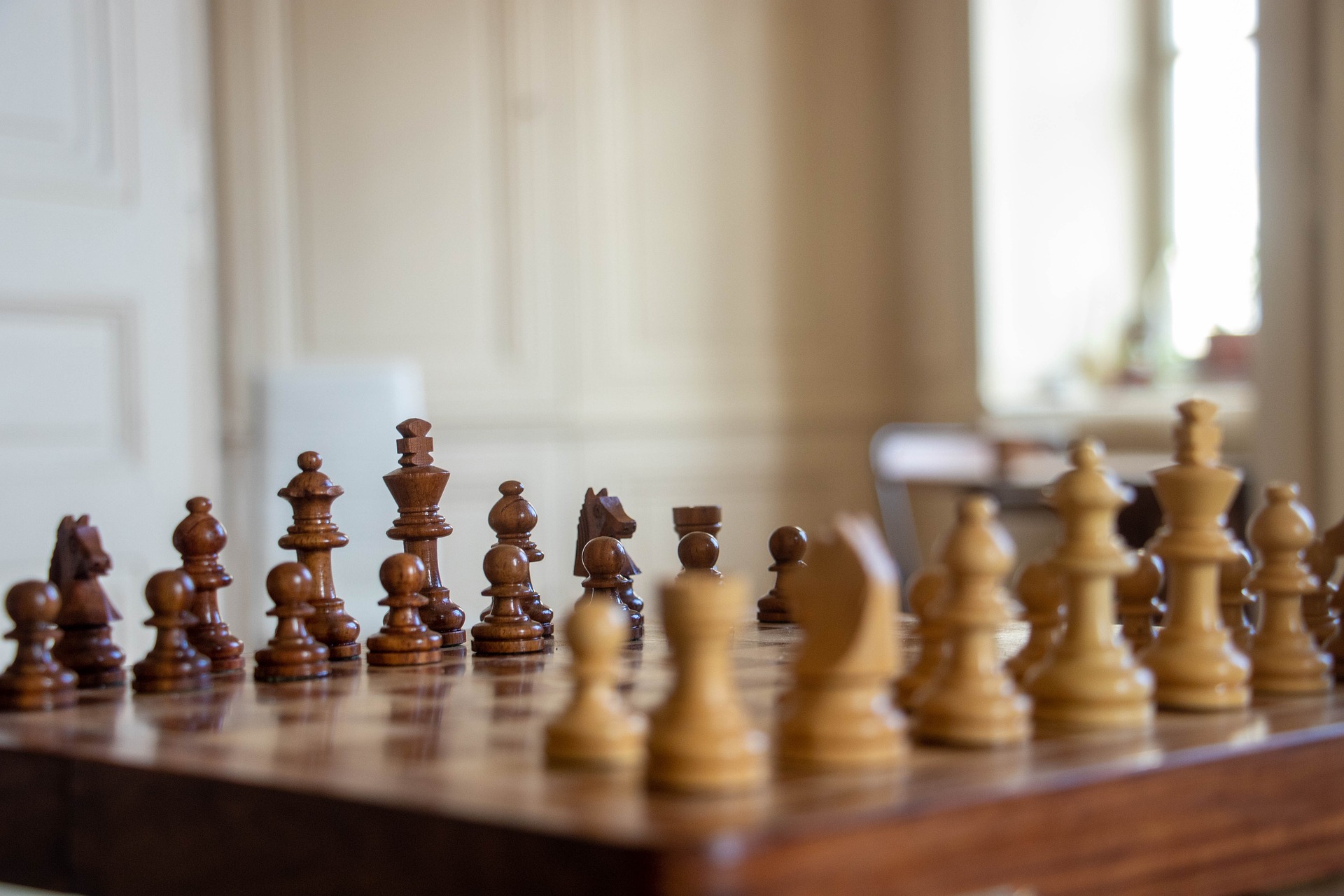
In chess, lower-level players can see up to 100 moves, while grandmasters only see one, maybe two realistic moves ahead. Especially when time’s a factor, GM’s have so many situational rules and strategic knowledge about the game, that there are many conscious and subconscious filters in play when deciding their next move.
Similarly, tennis players have limited time to decide their next move on the court. Despite a lifelong engagement with tennis, and highly skilled teams. For players, coaches and analysts there is still a big opportunity in the game’s strategic potential. We aim through strategic coaching that players get to a ‘GM’ level of thinking where there is one realistic shot to go for.
With time and training, rather than considering multiple options, players will focus on one optimal shot like GM’s. This leads to rapid improvements in their comfort and performance on the court. Creating a platform for highly effective creative plays.
The promise of our coaching includes the development of the following fundamental skills:
- Highly effective decision making. Players make better strategic choices, reducing doubt and hesitation. Increased knowledge of the game results in having one or two options per situation like GM’s.
- Assertive mental state. Once a player understands their game, they stop doubting the decisions made on court. This means that they can fully focus on their shots, and when being ‘unsuccessful’, able to come up with alternatives. This way their recovery will be faster, which can be described as mental toughness. At this time a player is building their game in all situations.
- Improved shot accuracy. Only having 1 option leads to more focus and a cleaner and more effective shot execution. The player’s confidence grows in their game which results in higher 1st and 2nd serve percentages as well.
- Creative play. Creativity is the ultimate goal of the assertive tennis methodology. There is often a misconception that strategy kills creativity. This is incorrect; in fact, the opposite is true. Take chess again, where Magnus Carlsen is seen as one of the more creative minds. He understands the game better than anyone else, which allows room for creativity, precisely because he recognizes the dangers and potential of every situation.

By adopting our innovative tools and strategies, players can expect rapid progress in decision-making and analytical skills, resulting in a more successful, comfortable, and rewarding tennis experience. This approach has the potential to elevate the game of tennis to new heights and change the way players and coaches approach strategic challenges on and off the court.
